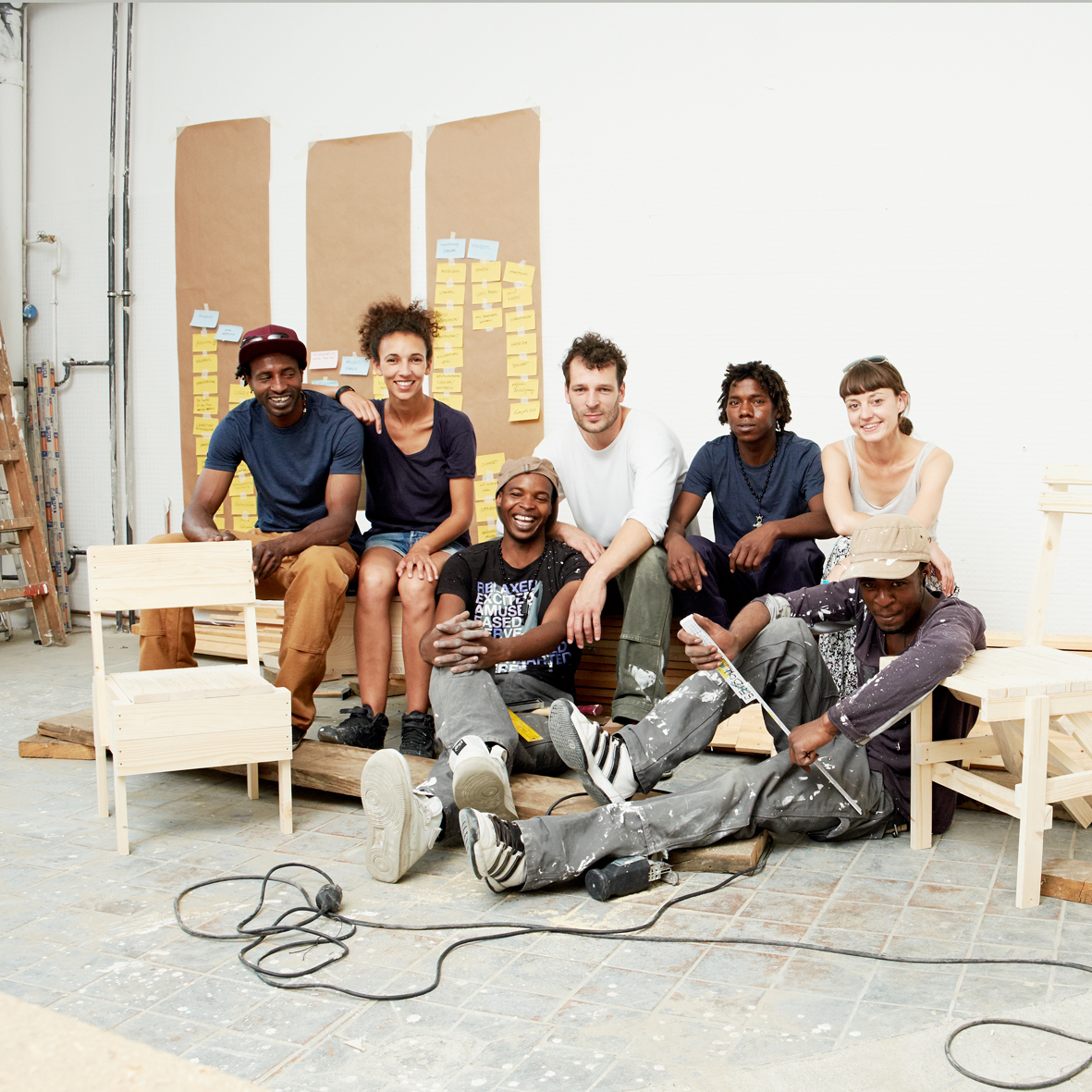Berlin and Milan are worlds apart. But there is some overlap. More specifically, between Oranienplatz in Berlin-Kreuzberg (which sounds more beautiful than it actually is) and the Salone del Mobile Milano (which is just as elegant as the name suggests). In 2013, no one would have guessed that the common element that would bring these two worlds together would be a chair.
Back then, asylum seekers were camped out at Oranienplatz protesting their treatment by the EU. A year later, five of them were represented at the prestigious furniture fair, thanks to Cucula—a model project for the initiation of self-efficacy in a system that too often condemns refugees to idleness.
It all began in a fairly naive way. In a workshop, designer Sebastian Däschle taught young newcomers how to build basic furniture for their own use. That, of course, was not very well thought-out since owning furniture requires a set home space—and that’s exactly what most refugees are missing. Therefore, the furniture was to be sold and the proceeds used for the establishment of an educational program. That was about two years ago now. Eight trainees now have the opportunity to express themselves creatively and to build their future independently. “We see ourselves as a model project that helps young refugees build prospects for the future,” says Corinna Sy, who initiated the project.
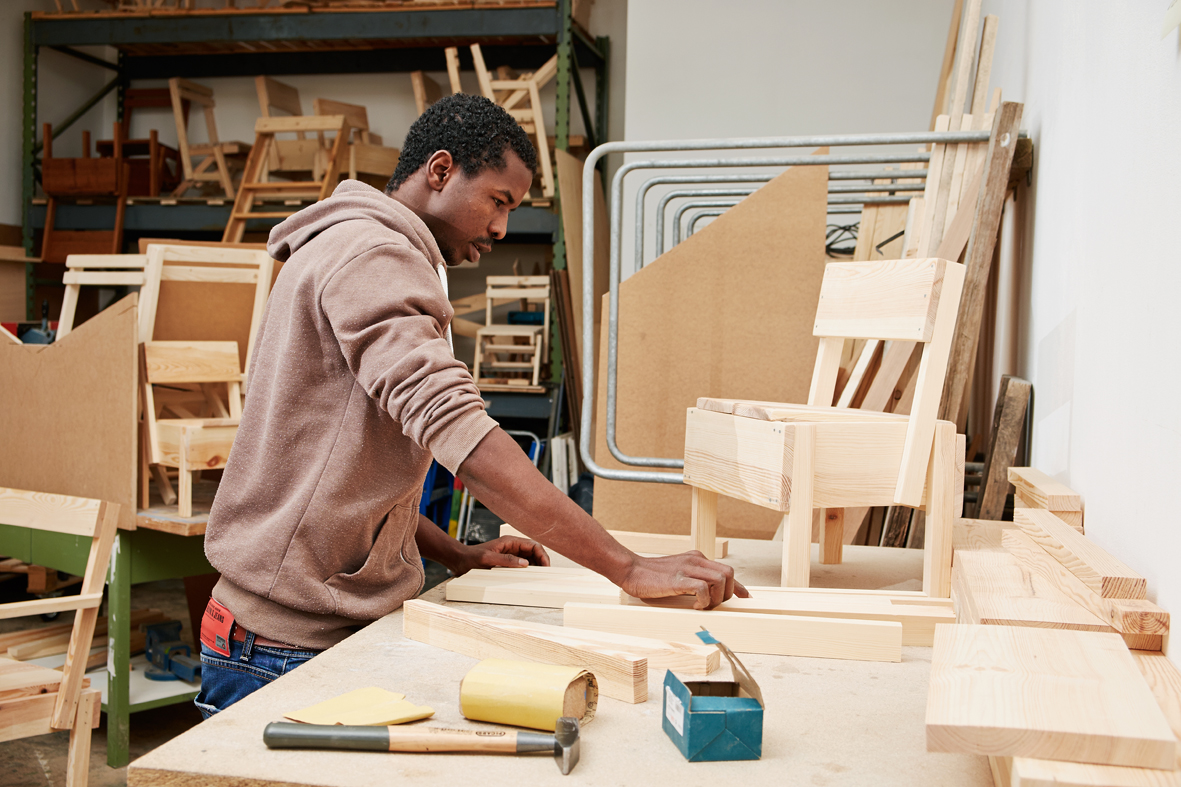
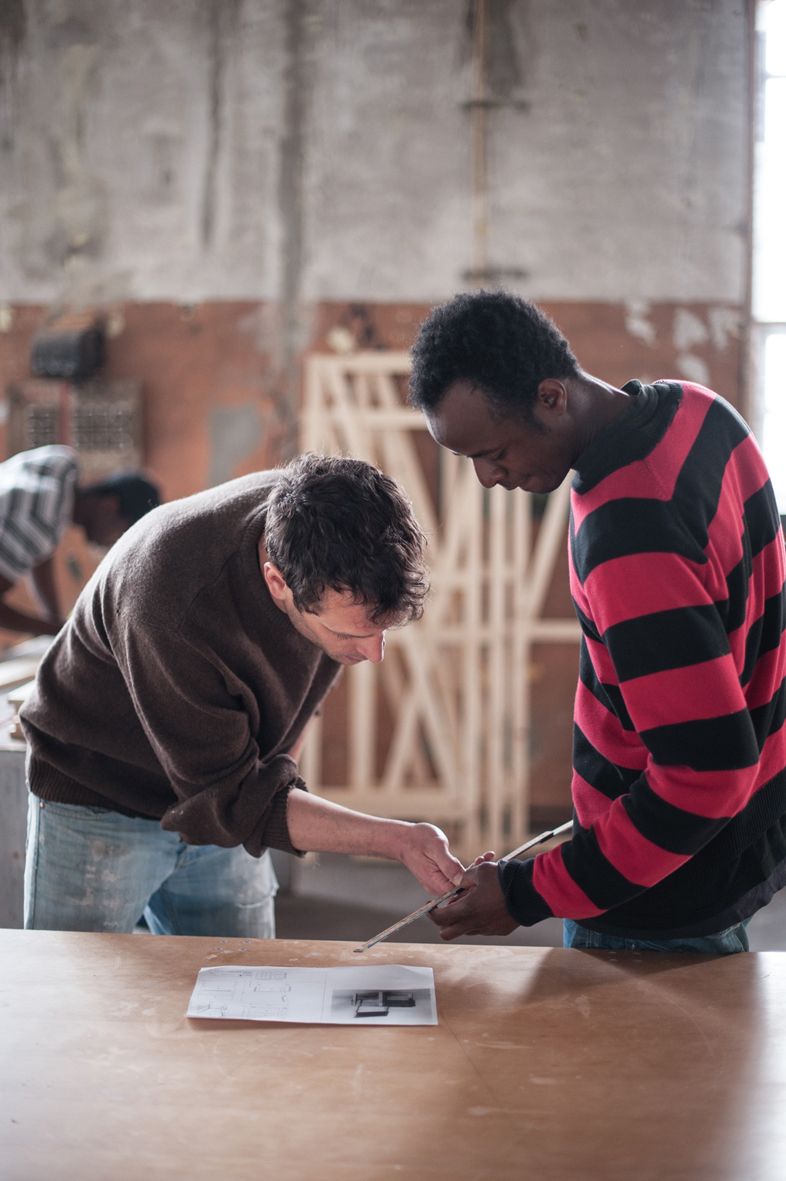
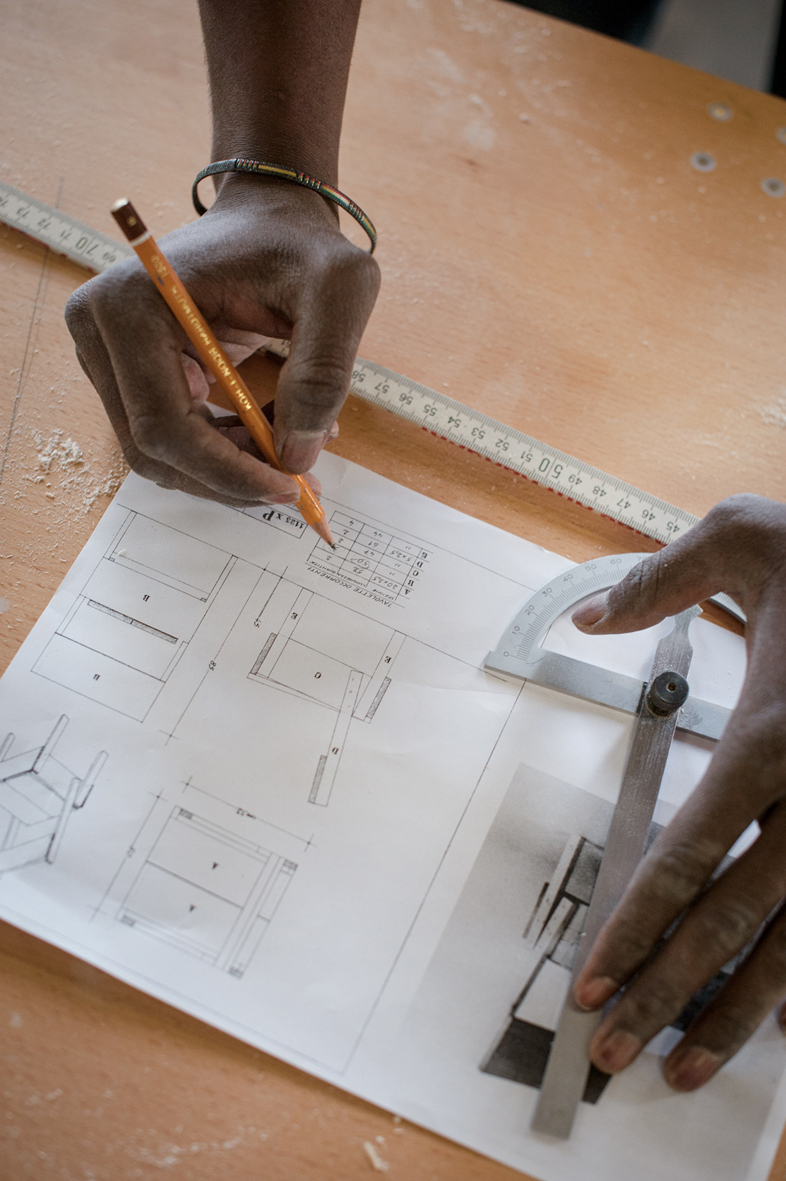
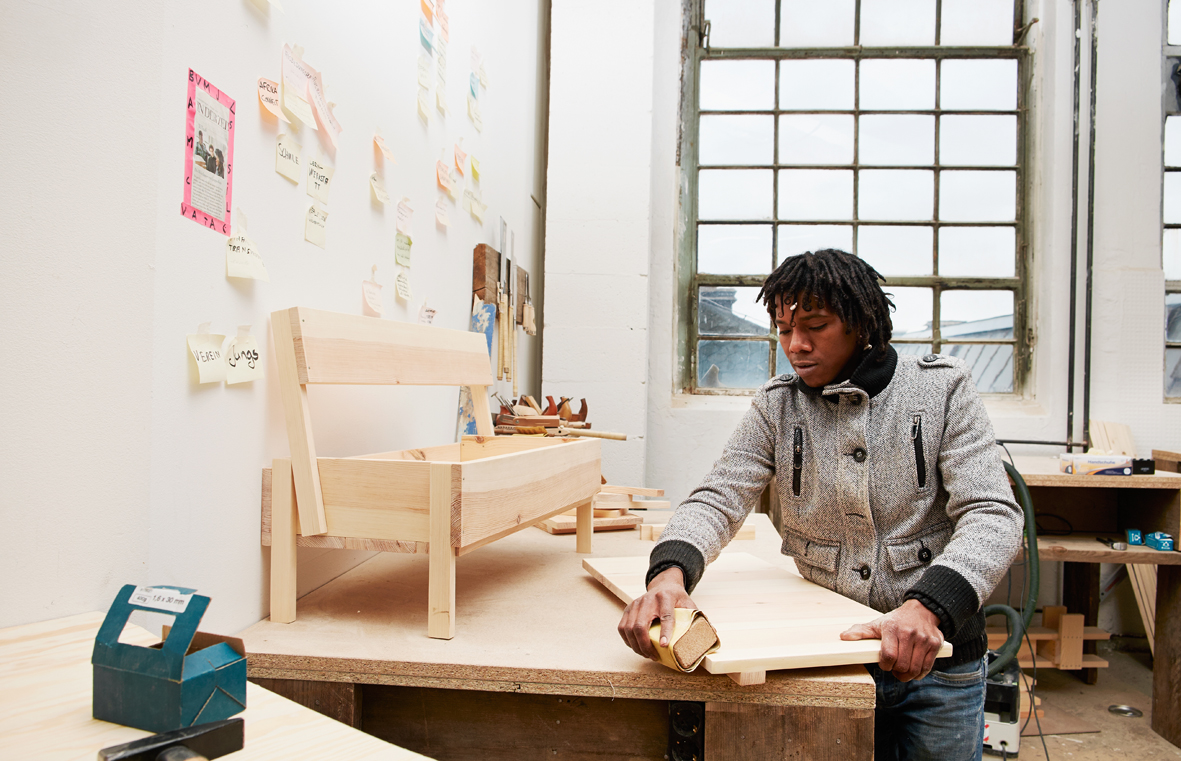
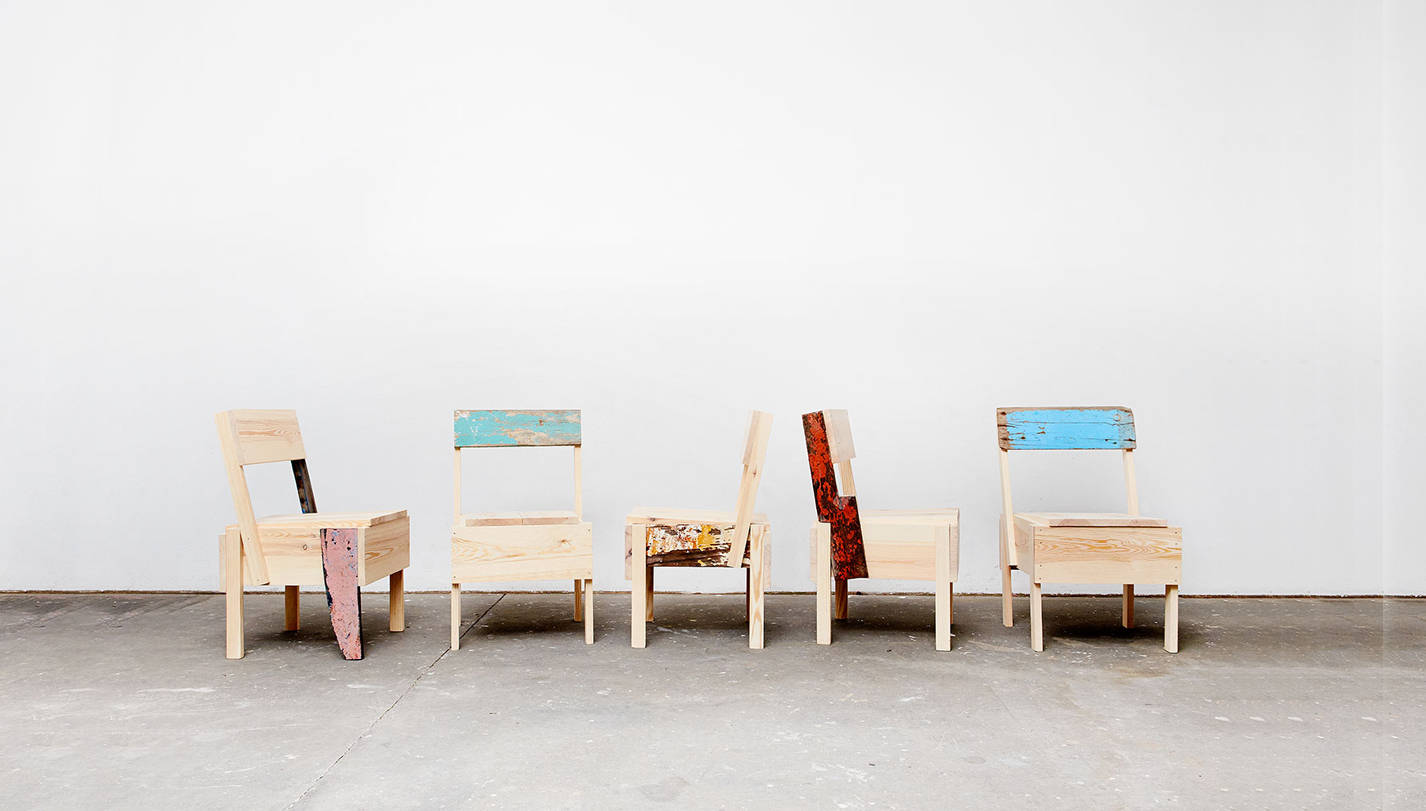
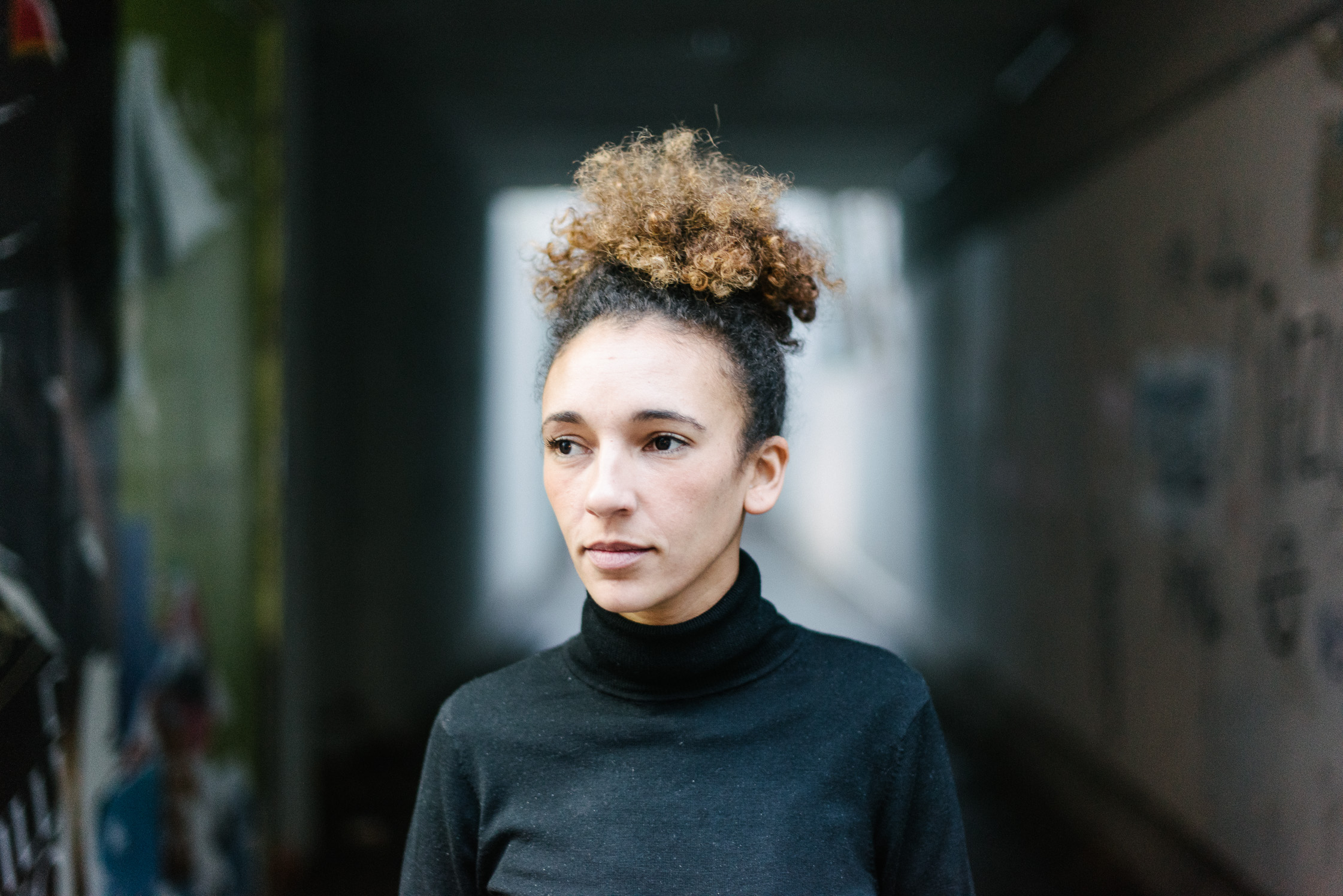
The centerpiece of Cucula is the furniture by Italian designer Enzo Mari. His idea, the DIY program called “Autoprogettazione”, calls for autonomy and independence and was transferred into the political reality of the present with the consent of the master from Milan. The chairs, tables, shelves and beds are based on Mari’s designs but leave room for further development and experimentation. One of the results was a limited line of chairs made of the wooden parts of refugee boats, the remains of which had arrived in Lampedusa. One of these “Ambassador Chairs” was recently added to the collection of the Vitra Design Museum.
Cucula at Folkdays Christmas pop-up store
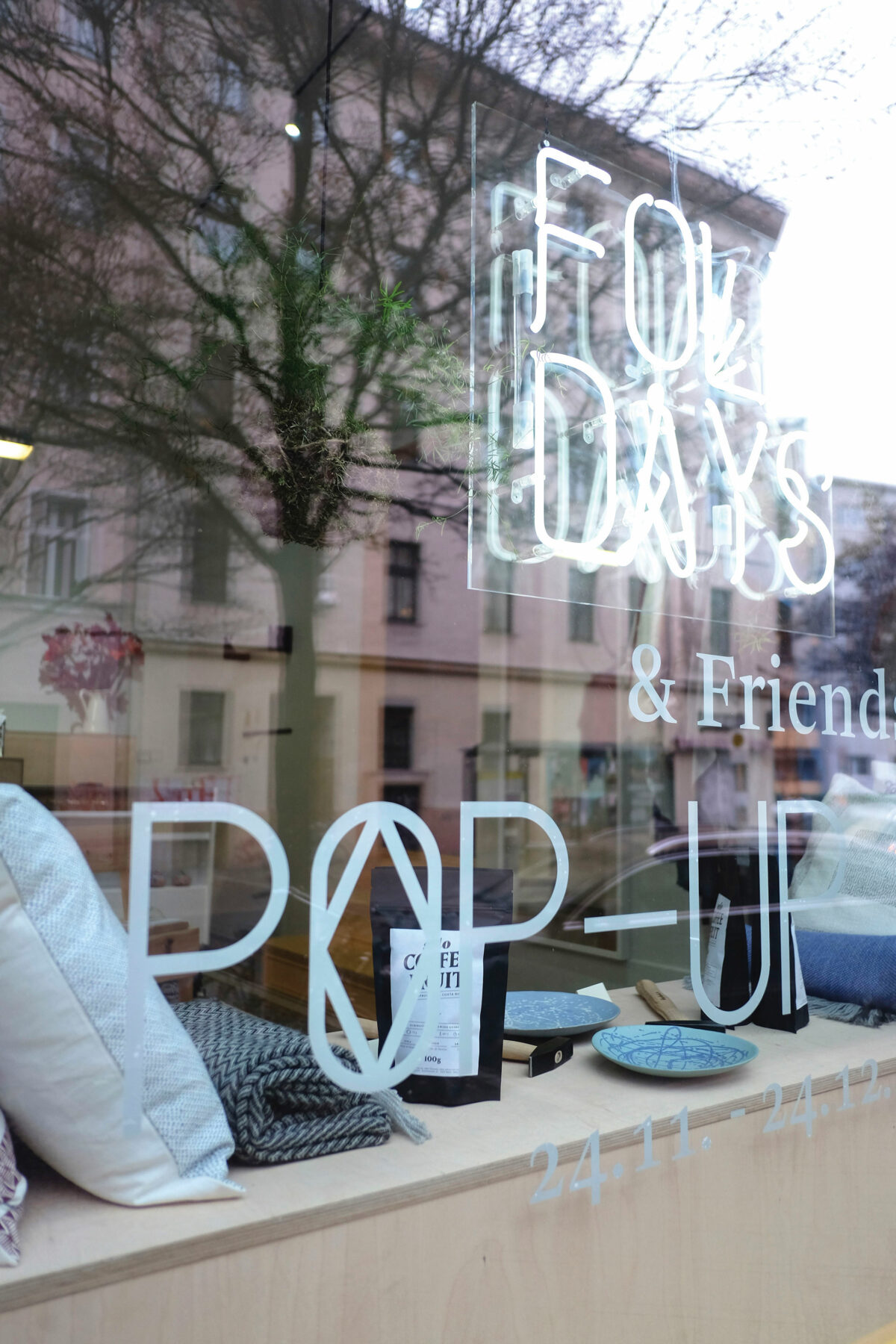
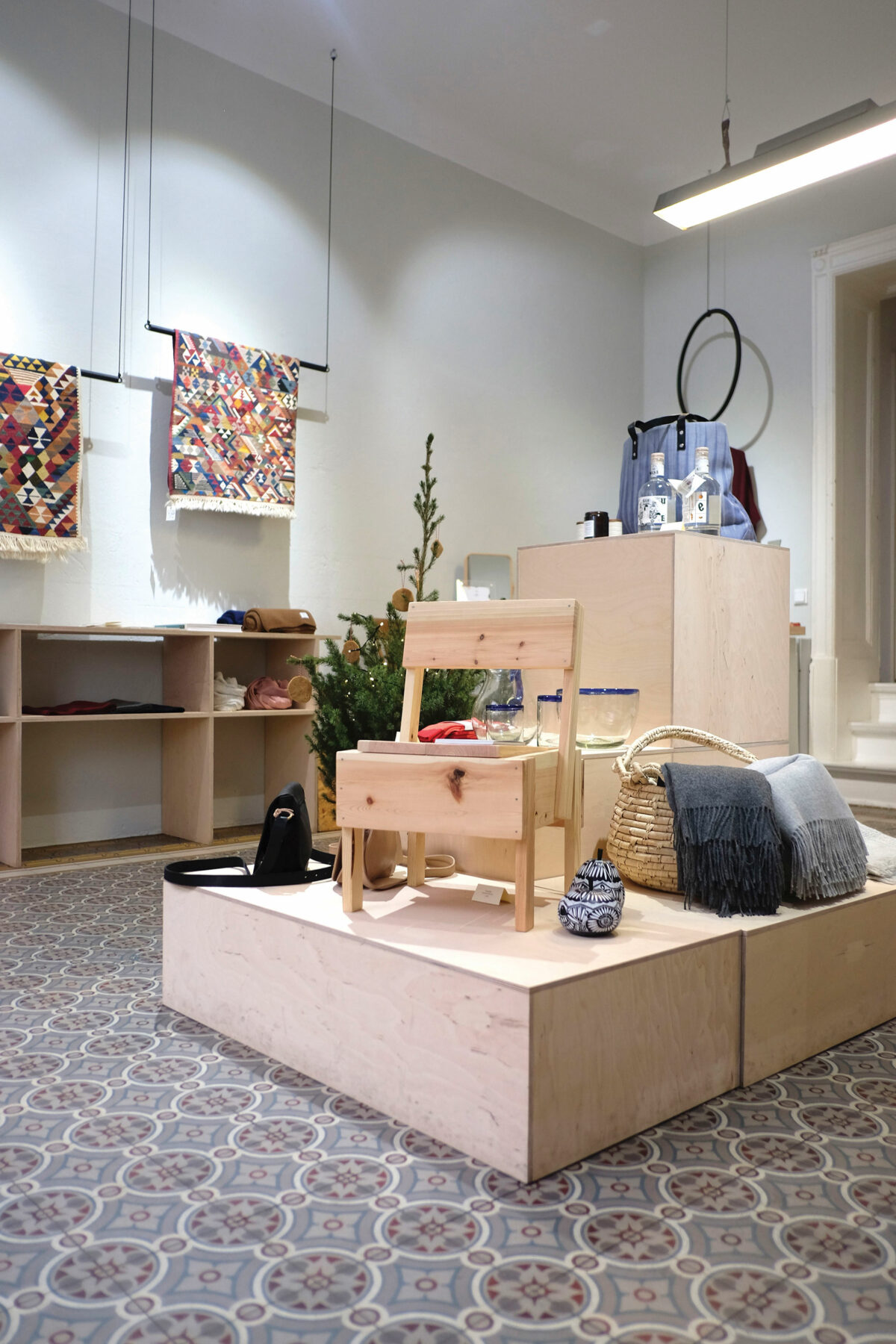
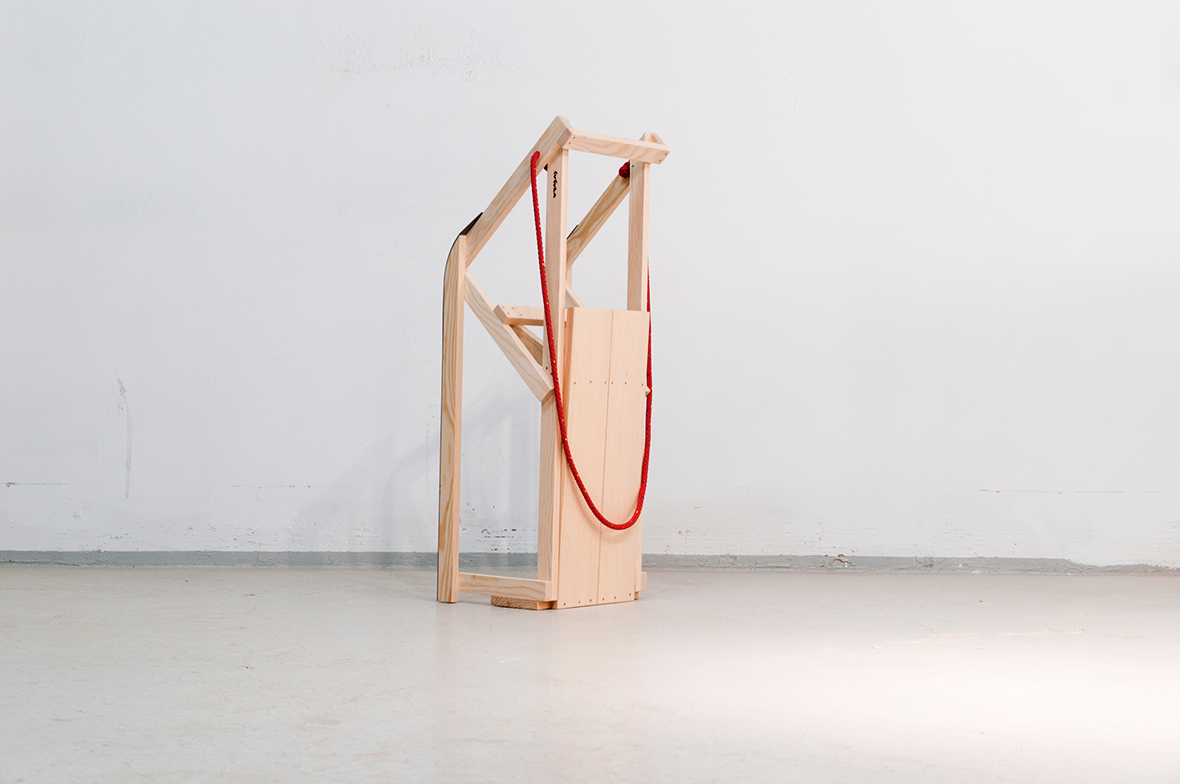
Instead of helping lots of people in the short term, Cucula is working at a smaller scale and creating an important foundation by doing so. The refugees learn skills that prepare them for training in small scale companies. The second central pillar is an education program funded by the sale of furniture. The trainees work two and a half days a week in the Kreuzberg workshop and spend the rest of the time with language courses, practical assistance and legal advice. Cucula is working on shifting the attention to a problem that is all too often forgotten: Arriving in Germany is not making it in Germany. The wheels of bureaucracy turn slowly and any kind of proactivity is suffocated by the wait for papers and feeling of uncertainty. Cucula has managed to shift the discourse on integration and fleeing into the design context. Whether it’s a design office, architecture studio or carpenter’s workshop – any operation can take on responsibility. The big issues of our time are often decided on a smaller scale.
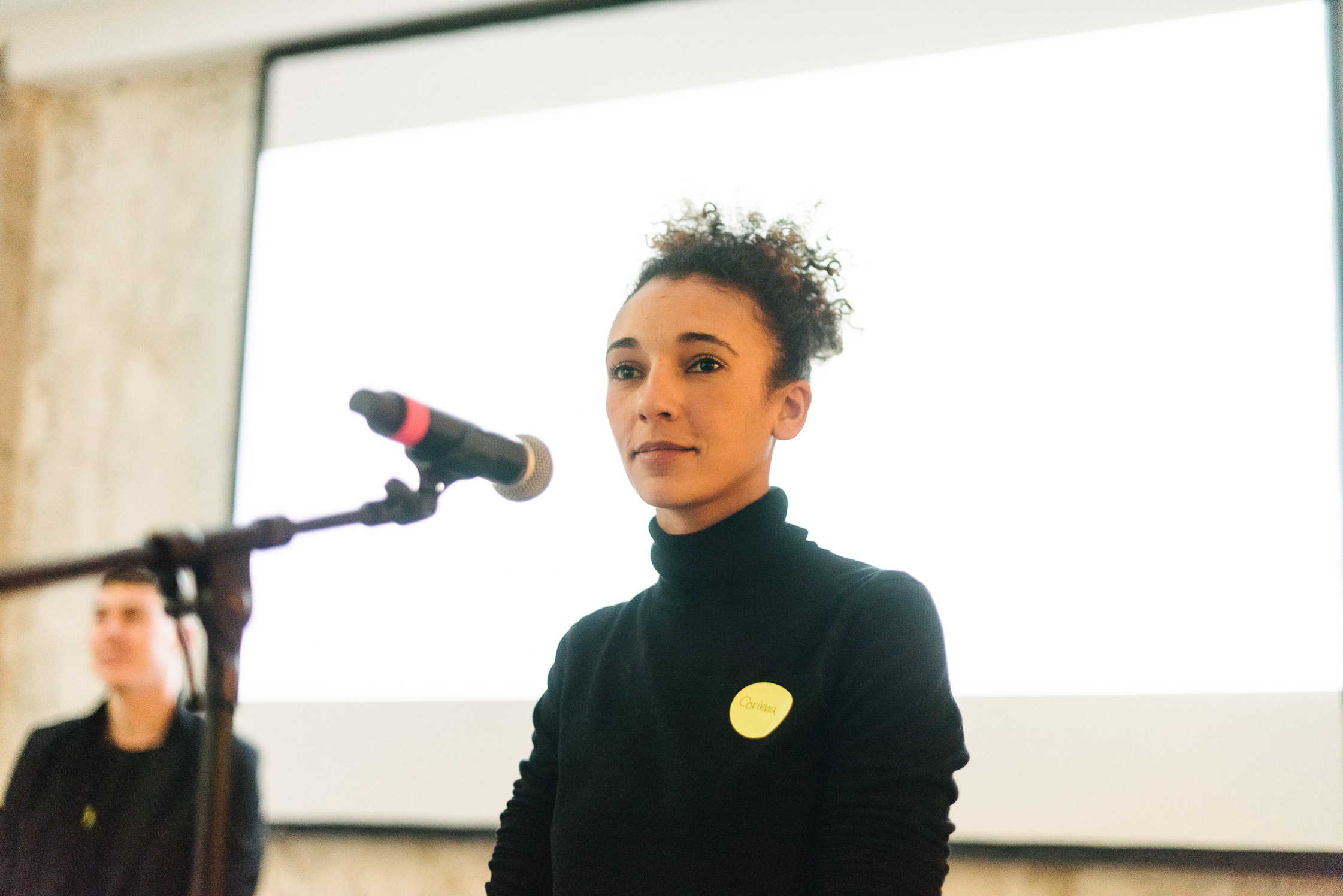
Thank you Corinna, for sharing the story of Cucula with us.
Corinna joined us at The Sooner Now, our inaugural event about the future of urban living, enabled by MINI Germany. Just as our cities are collective spaces, the day was an opportunity for us and our community of creatives across the board to link up ideas about this shared future. You can visit our recap of the day here.
You can find the designs of Cucula in store at Folkdays’ Christmas pop up store from now until the 24th of December at Manteuffelstrasse 19, Berlin-Kreuzberg.
For more information on Cucula, and the perfect christmas sled, visit their online store here.
Text:Antonia Märzhäuser
Photography:Ruth Bartlett, Verena Brüning, Sally Lazic, Robert Rieger
